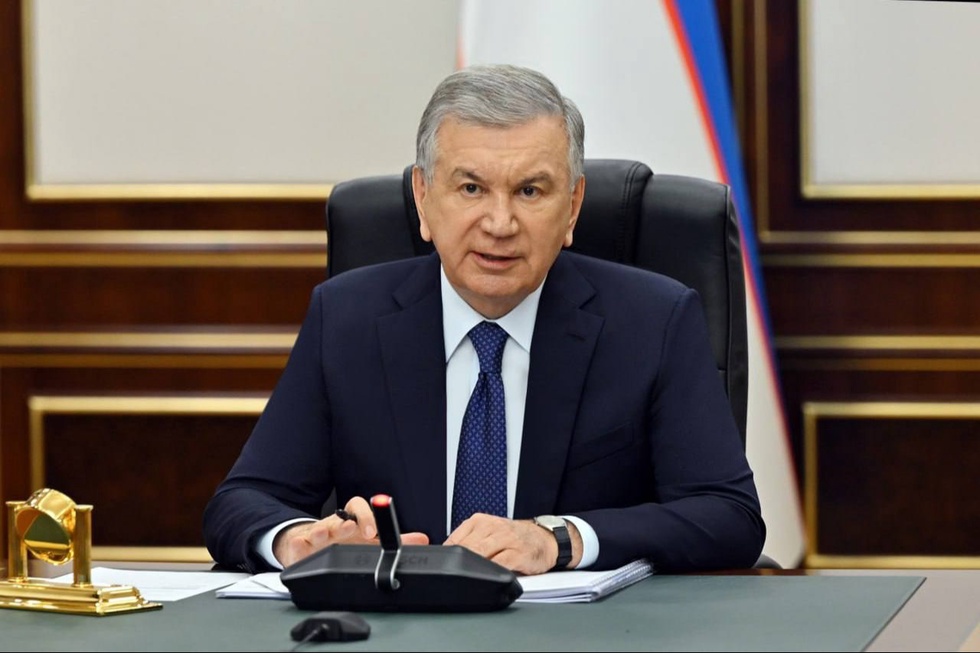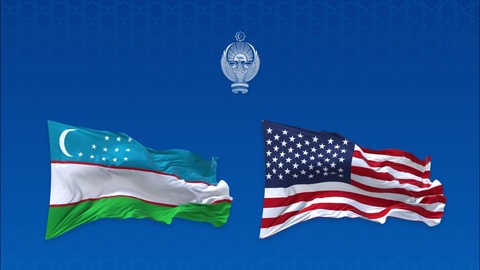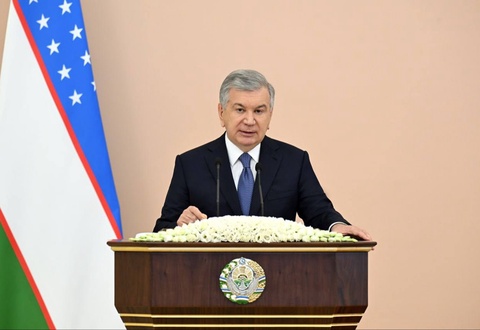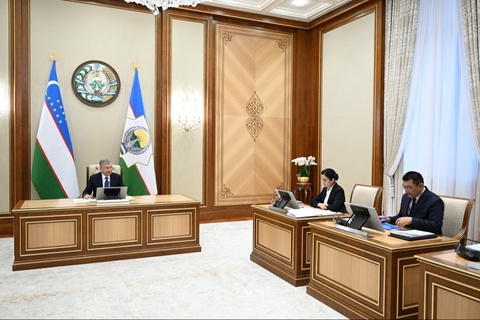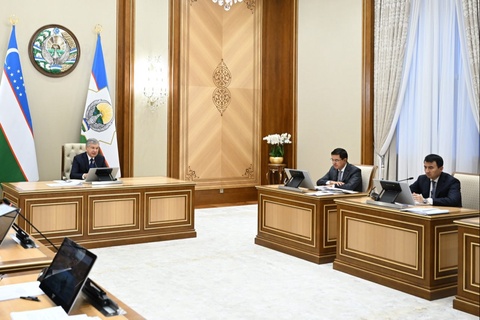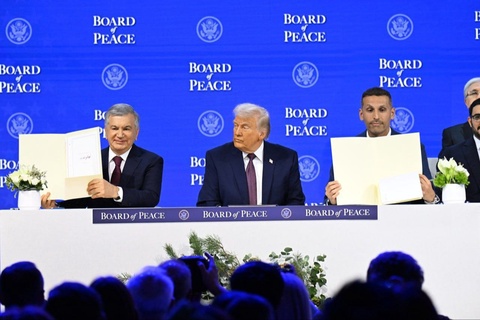The largest share of energy consumption is attributed to economic sectors. Factories built in earlier years no longer meet modern environmental requirements or energy efficiency standards. Issues related to modernization were neglected for many years. As a result, in certain regions, the population and enterprises often faced prolonged disruptions in electricity and gas supplies. Industrial enterprises have also seen high levels of energy consumption and resource loss.
In response, energy efficiency principles have been increasingly implemented in economic sectors in recent years. A targeted program addressing major enterprises and specific areas within the energy sector is being actively carried out.
Uzbekistan’s population is projected to reach 41 million by 2030, and the economy is expected to double in size. This growth is expected to result in a 1.5-fold increase in energy demand compared to current levels. Alongside launching new projects and expanding production capacities, it is essential to implement energy-saving measures.
At the meeting, heads of responsible agencies provided reports on ongoing activities.
Following the President’s instructions and building on the successful experiences of the previous year, scientifically grounded research is being conducted in collaboration with scholars to identify energy-saving opportunities at the local level. For instance, studies conducted in Samarkand, Syrdarya, and Jizzakh regions revealed additional potential savings of 870 million kilowatt-hours of electricity and 420 million cubic meters of gas. Merely replacing approximately 35,000 outdated pieces of equipment at small and medium-sized industrial enterprises in these regions can annually save 385 million kilowatt-hours of electricity and 50 million cubic meters of gas.
Districts and mahallas also have significant potential for energy savings. For instance, constructing 300 small-scale solar power plants with a total capacity of 100 megawatts will save 45 million cubic meters of gas this year. Additionally, building over a thousand micro-hydropower plants on canals and streams could generate an extra 175 million kilowatt-hours of electricity.
Special attention was given to street lighting, which currently consumes 200 million kilowatt-hours annually. Installing solar-powered street lamps could reduce this consumption by half.
Considering these opportunities, Uzbekistan plans to achieve additional savings of 1.1 billion cubic meters of gas and 2.6 billion kilowatt-hours of electricity this year.
The Head of state emphasized the necessity of installing modern, energy-efficient equipment and reducing energy losses, with a particular focus on major industrial enterprises. The government has been tasked with establishing effective implementation and monitoring frameworks in this area.
Developing a culture of energy conservation both in enterprises and in everyday life is crucial. It is essential to minimize unnecessary electricity and gas consumption and to actively adopt solar panels and other alternative energy sources, which will lead to significant resource savings.
Given the high population density in the regions of Fergana Valley, instructions were given to develop a specialized approach to ensuring their energy supplies. It is planned that this experience will subsequently be expanded to other regions of the country in a phased manner.


